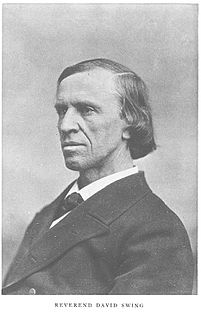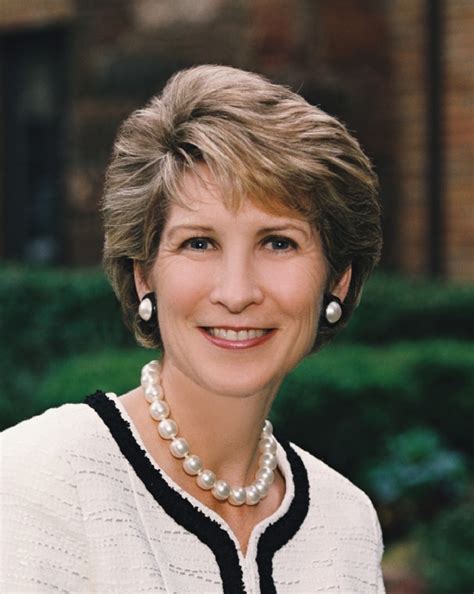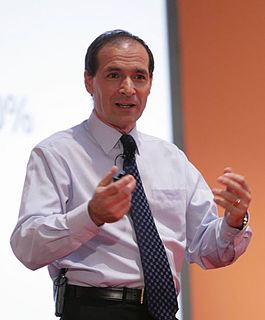A Quote by Peter Singer
Ethics is inescapable.
Quote Topics
Related Quotes
All pantheism must ultimately be shipwrecked on the inescapable demands of ethics, and then on the evil and suffering of the world. If the world is a theophany , then everything done by man, and even by animal, is equally divine and excellent; nothing can be more censurable and nothing more praiseworthy than anything else; hence there is no ethics.
The very essence of political philosophy is the carving out of an ethical system - strictly, a subset of ethics dealing with political ethics. Ethics is the one rational discipline that demands the establishment of a rational set of value judgments; political ethics is that subset applying to matters of State.
The modern Gamaliel should teach ethics. Ethics is the science of human duty. Arithmetic tells man how to count his money; ethics how he should acquire it, whether by honesty or fraud. Geography is a map of the world; ethics is a beautiful map of duty. This ethics is not Christianity, it is not even religion; but it is the sister of religion, because the path of duty is in full harmony, as to quality and direction, with the path of God.
We are now returning to the 18th century empirical approach with the new interest in the evolutionary basis of ethics, with 'experimental' moral philosophy and moral psychology. As a result, we understand better why moral formulas are experienced as ineluctable commands, even if there is no commander and even if the notion of an inescapable obligation is just superstition. So moral philosophy has made huge progress.








































